Conclavoscope - Cardinal Timothy Radcliffe
Cardinal Profile and Assessment
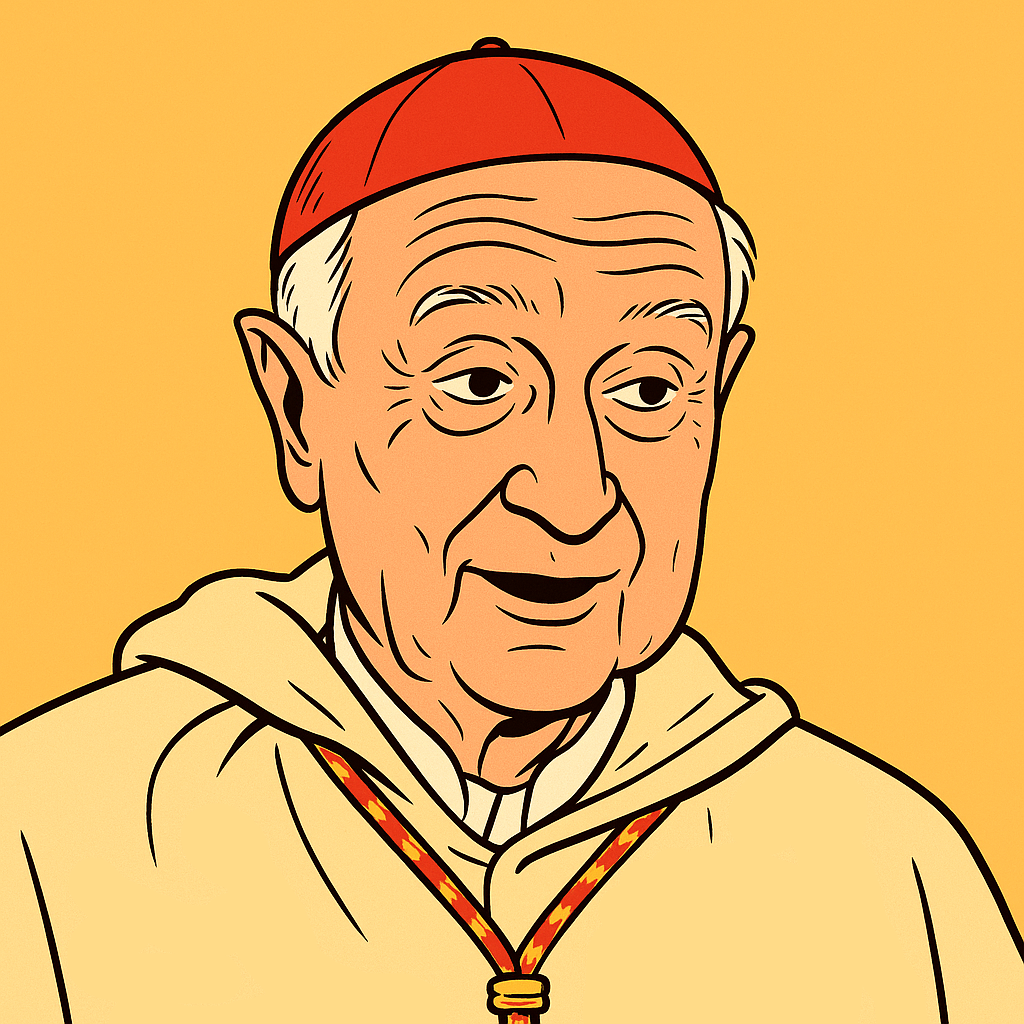
British cardinal, Dominican, theologian and writer, known for his progressive vision of the Church, his commitment to dialogue and his accessible intellectual communication.
| Criterion | Tendency |
|---|---|
| Moral doctrine | Very progressive |
| Liturgy | Moderately progressive |
| Sociopolitical | Progressive |
| Relationship with Pope Francis | Very progressive |
| Dialogue | Moderately progressive |
| Communication | Centrist |
| Overall tendency | Progressive |
Cardinal Radcliffe adopts a progressive stance on moral doctrine, particularly concerning LGBTQ+ issues. He emphasizes pastoral care and inclusion, suggesting that the Church can learn from the lived experiences of LGBTQ+ Catholics. His views have sparked both support and criticism within the Church.
While respecting traditional liturgical practices, Cardinal Radcliffe advocates for a dynamic and inclusive approach to liturgy. His writings, such as 'Why Go to Church?', explore the Eucharist's relevance in contemporary life, aiming to make liturgy accessible and meaningful to modern congregations.
Cardinal Radcliffe demonstrates a strong commitment to social justice, emphasizing the importance of charity and the Church's role in addressing societal issues. He has spoken out on topics like charitable giving and the Church's responsibility towards marginalized communities.
Cardinal Radcliffe maintains a close relationship with Pope Francis, aligning with his vision for a more inclusive and dialogical Church. His appointment as a cardinal by Pope Francis and his role in leading retreats for the Synod on Synodality reflect this alignment.
Cardinal Radcliffe is actively engaged in interreligious dialogue, emphasizing the importance of listening and mutual understanding between faiths. His work reflects a commitment to building bridges across religious divides.
Known for his engaging and thoughtful communication style, Cardinal Radcliffe emphasizes vulnerability and authenticity in preaching. He encourages a dialogical approach, fostering open conversations within the Church.
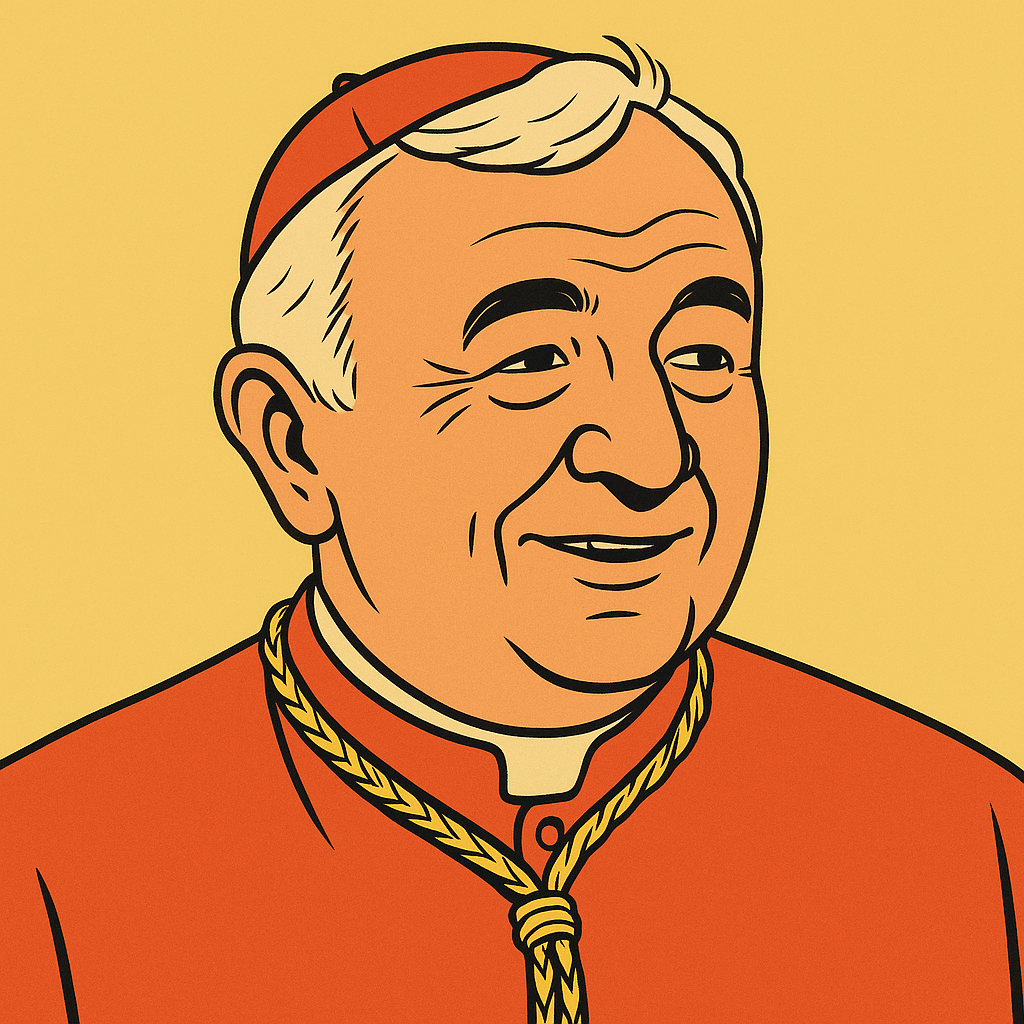
British cardinal, Archbishop of Westminster, known for his conservative positions on moral issues, while being committed to defending migrants and fighting human trafficking.
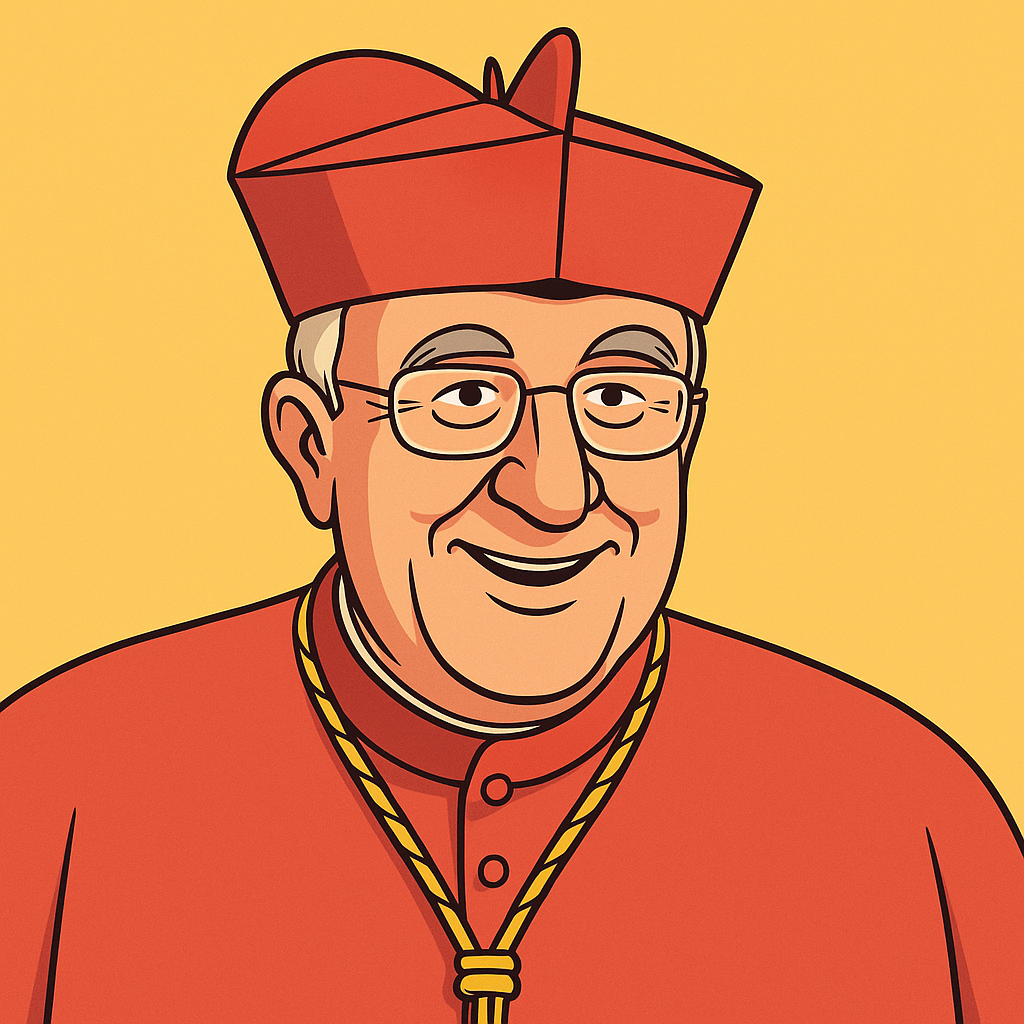
British cardinal, Prefect of the Dicastery for Divine Worship, known for his balanced approach between respect for liturgical tradition and openness to reforms.
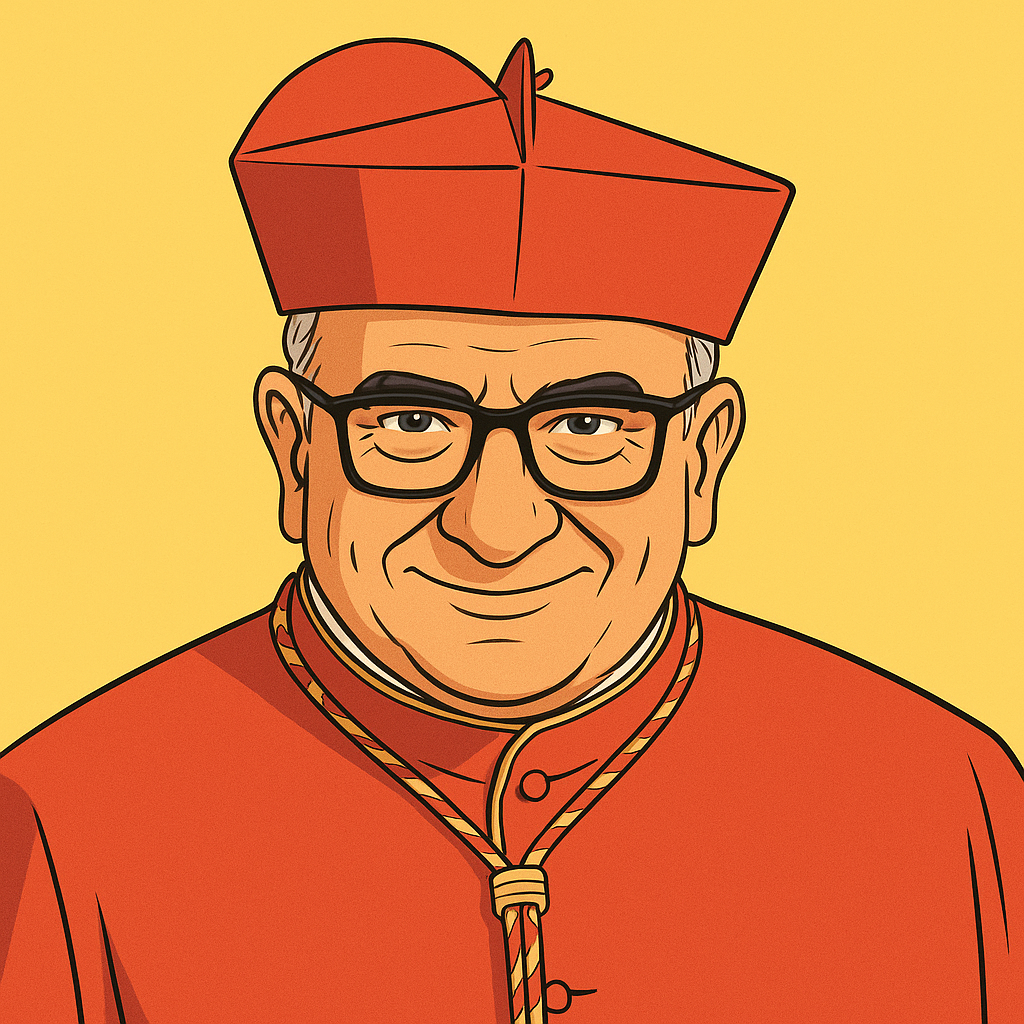
Chile
Chilean cardinal, Archbishop of Concepción, known for his conservative doctrinal positions and commitment to rebuilding trust after abuse scandals.
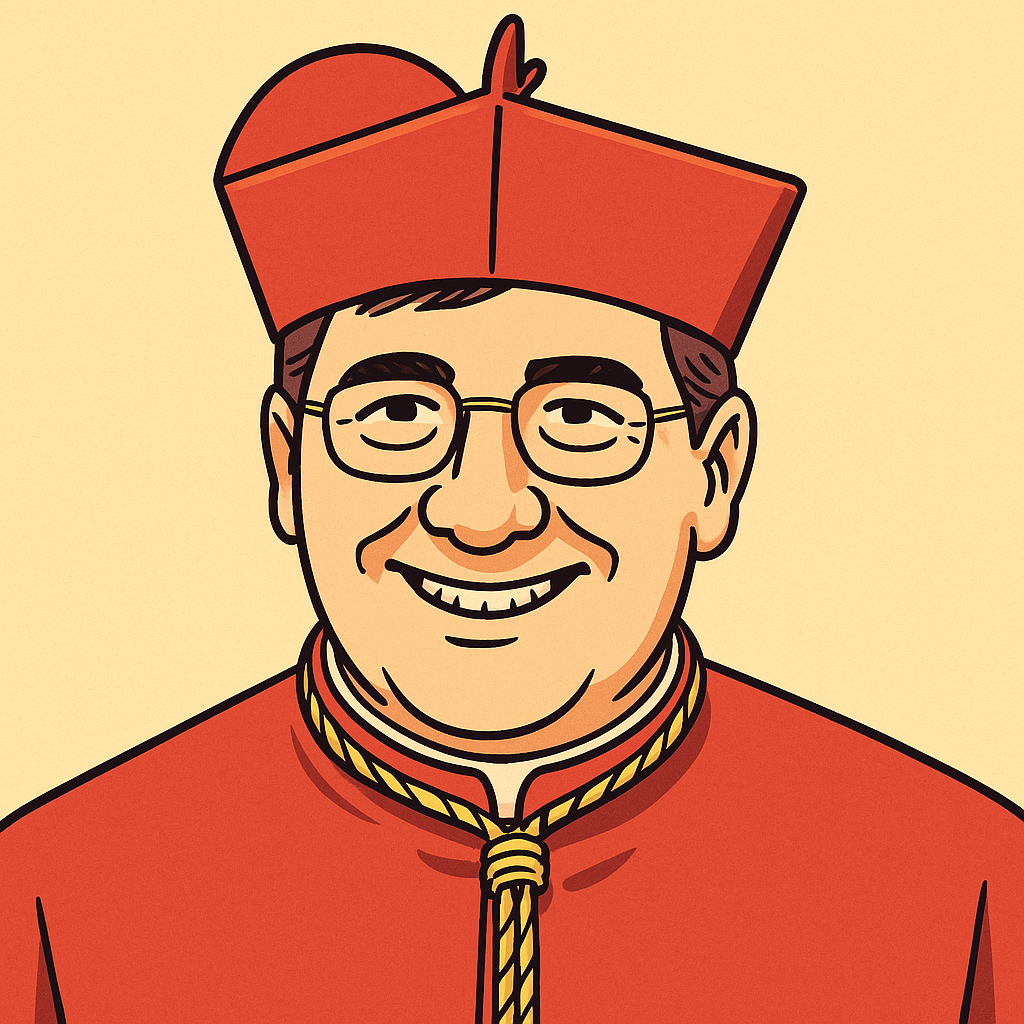
Canada
Canadian cardinal, Archbishop of Toronto, relatively new to the episcopate, known for his doctrinal fidelity and pragmatic pastoral approach.
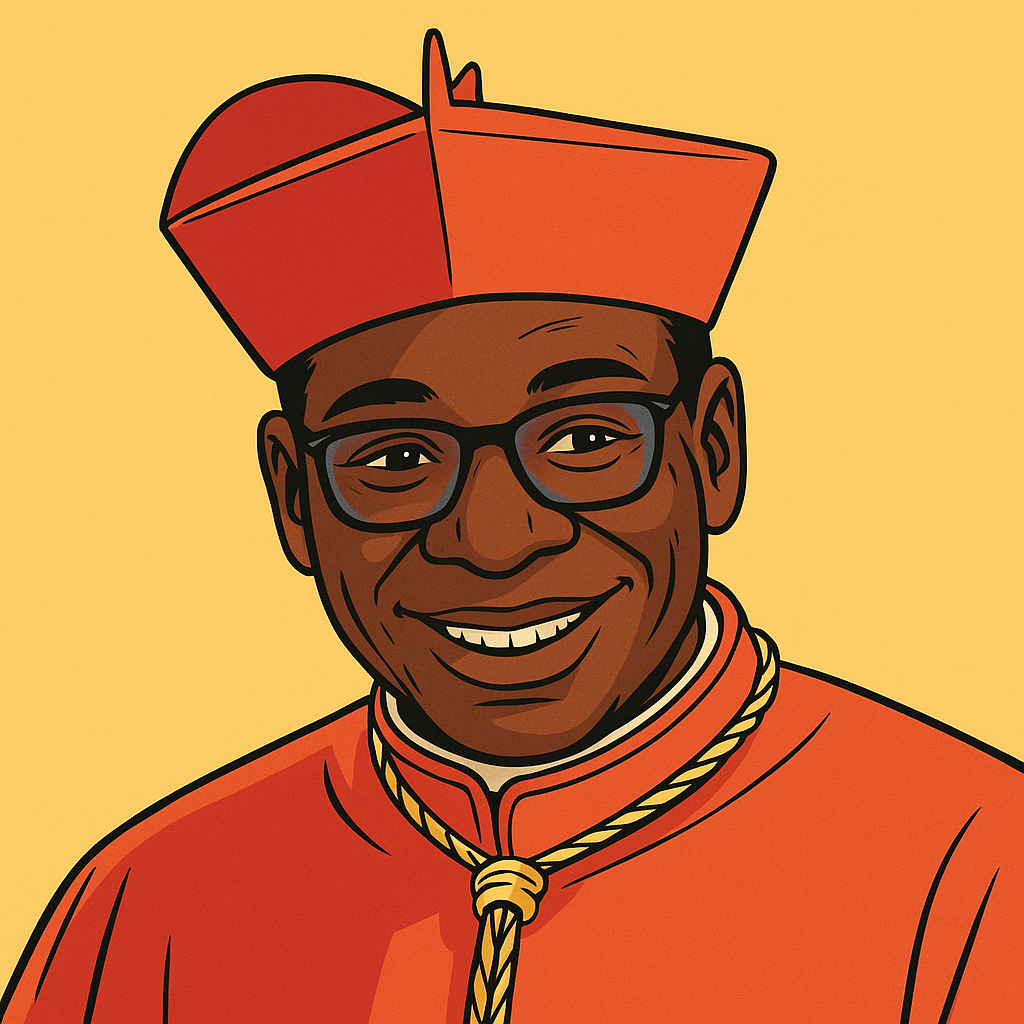
Ivory Coast
Ivorian cardinal, Archbishop of Korhogo, known for his pastoral approach rooted in African traditions and his commitment to social peace.

Guinea
age: 80
Guinean cardinal, former prefect of the Dicastery for Divine Worship, known for his very conservative positions on liturgy and doctrine, and his deep attachment to Catholic tradition.
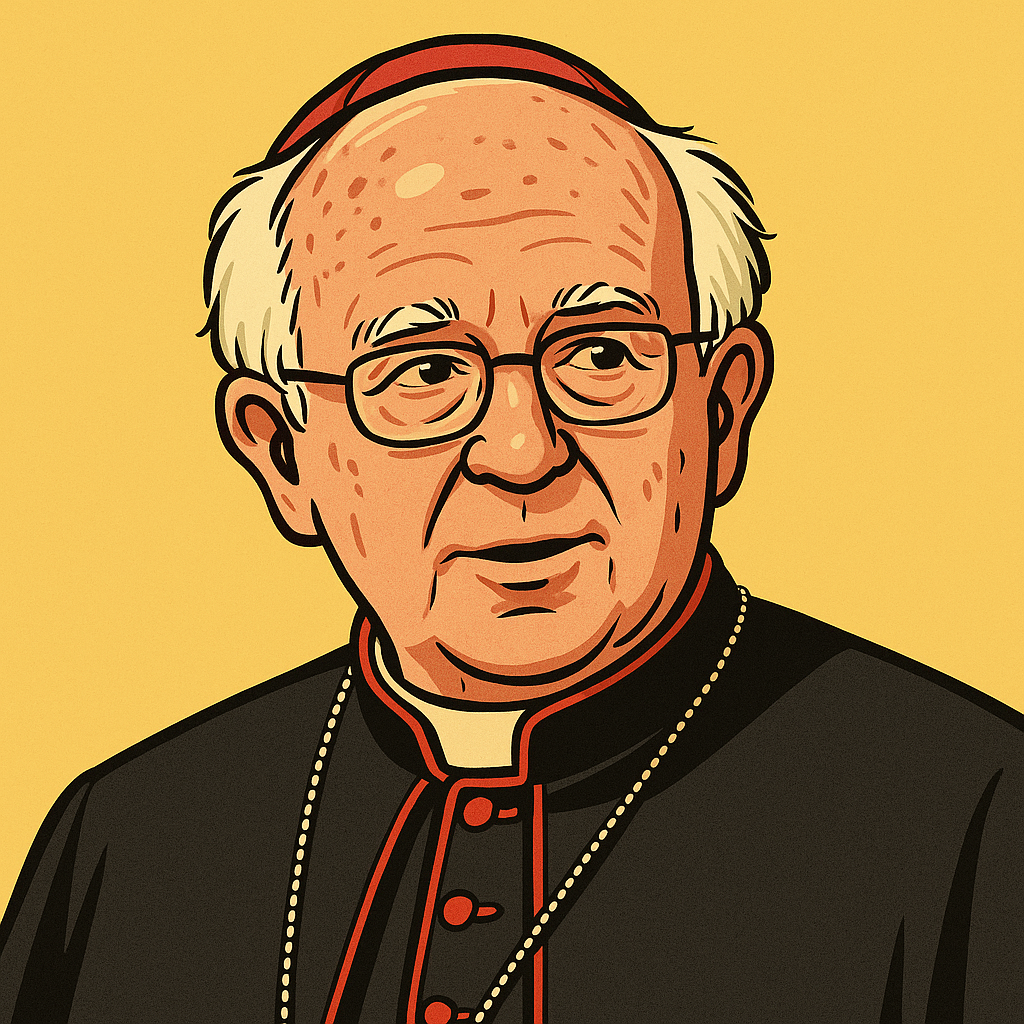
Spain
age: 80
Spanish cardinal who is very conservative, nicknamed "the little Ratzinger," known for his traditionalist positions on liturgy and morality, and his vigorous defense of Catholic doctrine.
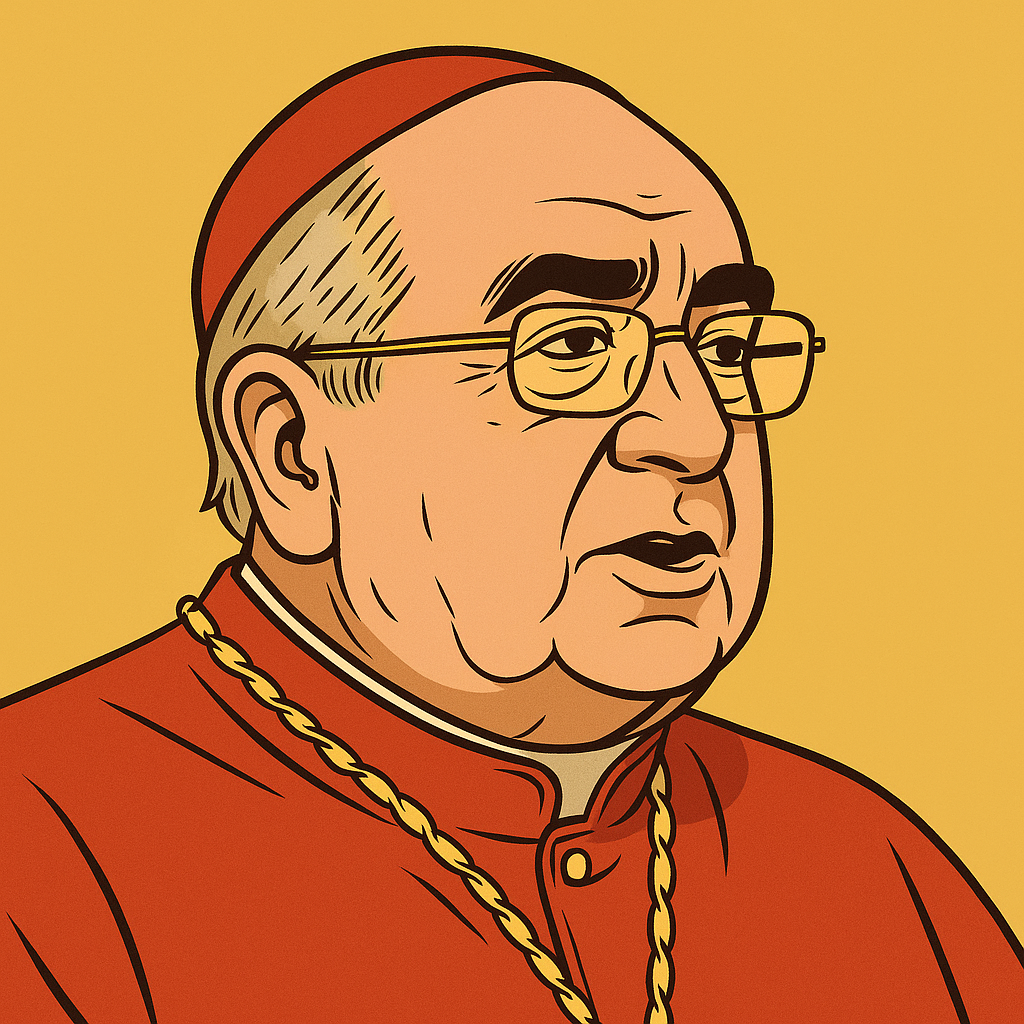
Poland
age: 80
Polish cardinal, Archpriest of the Basilica of Saint Mary Major, known for his conservative positions and experience in lay ministry, in the tradition of John Paul II.
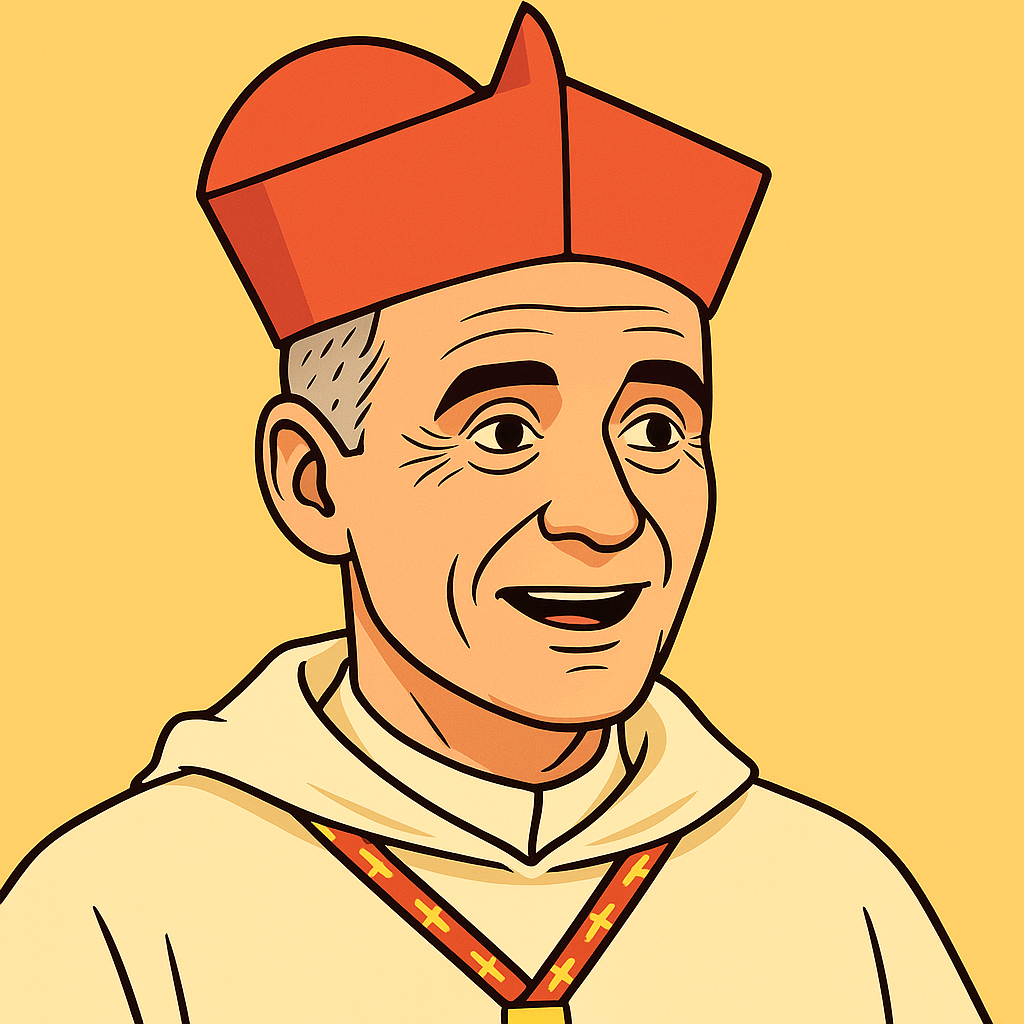
Algeria
French cardinal, Archbishop of Algiers, Dominican, known for his commitment to Islamic-Christian dialogue and his open positions on pastoral issues in a minority context.
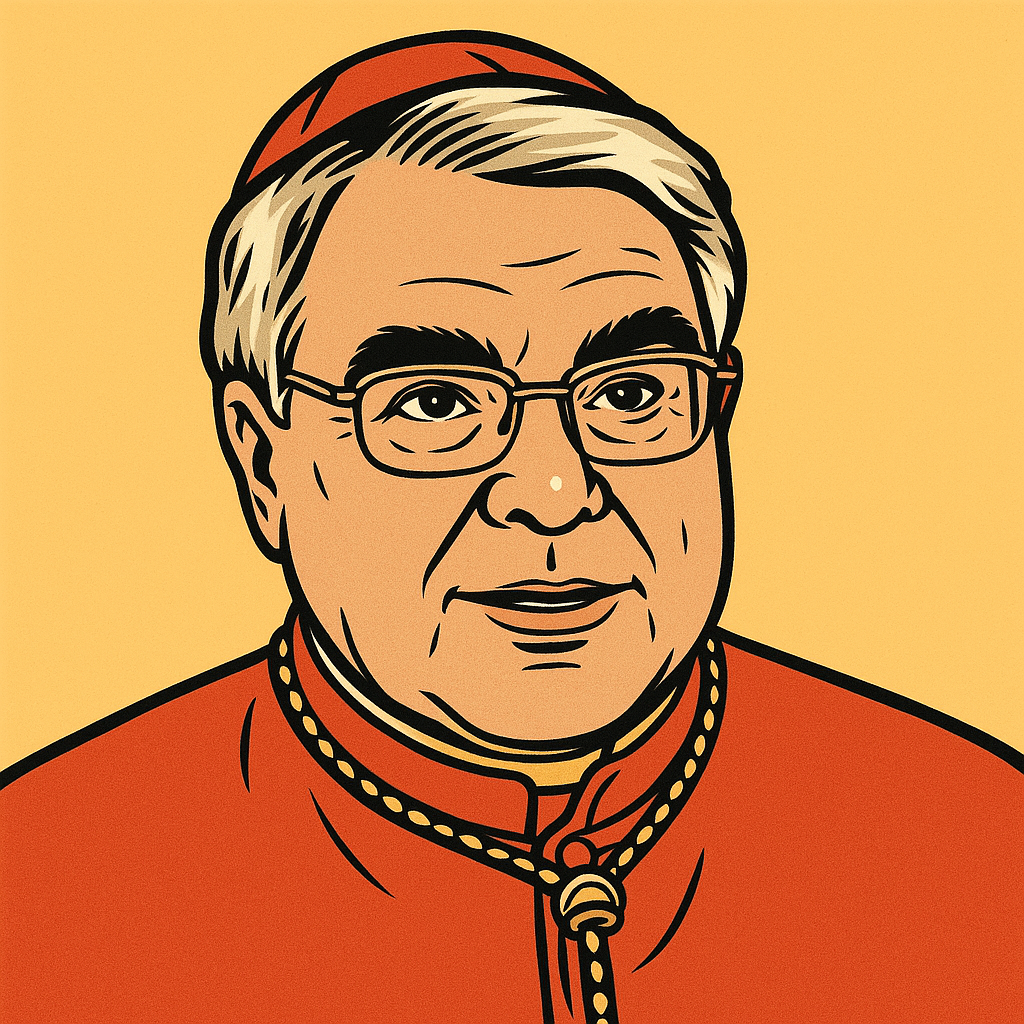
Italy
Italian cardinal, Prefect of the Dicastery for the Causes of Saints, close collaborator of Pope Francis, known for his open pastoral approach and implementation of reforms.
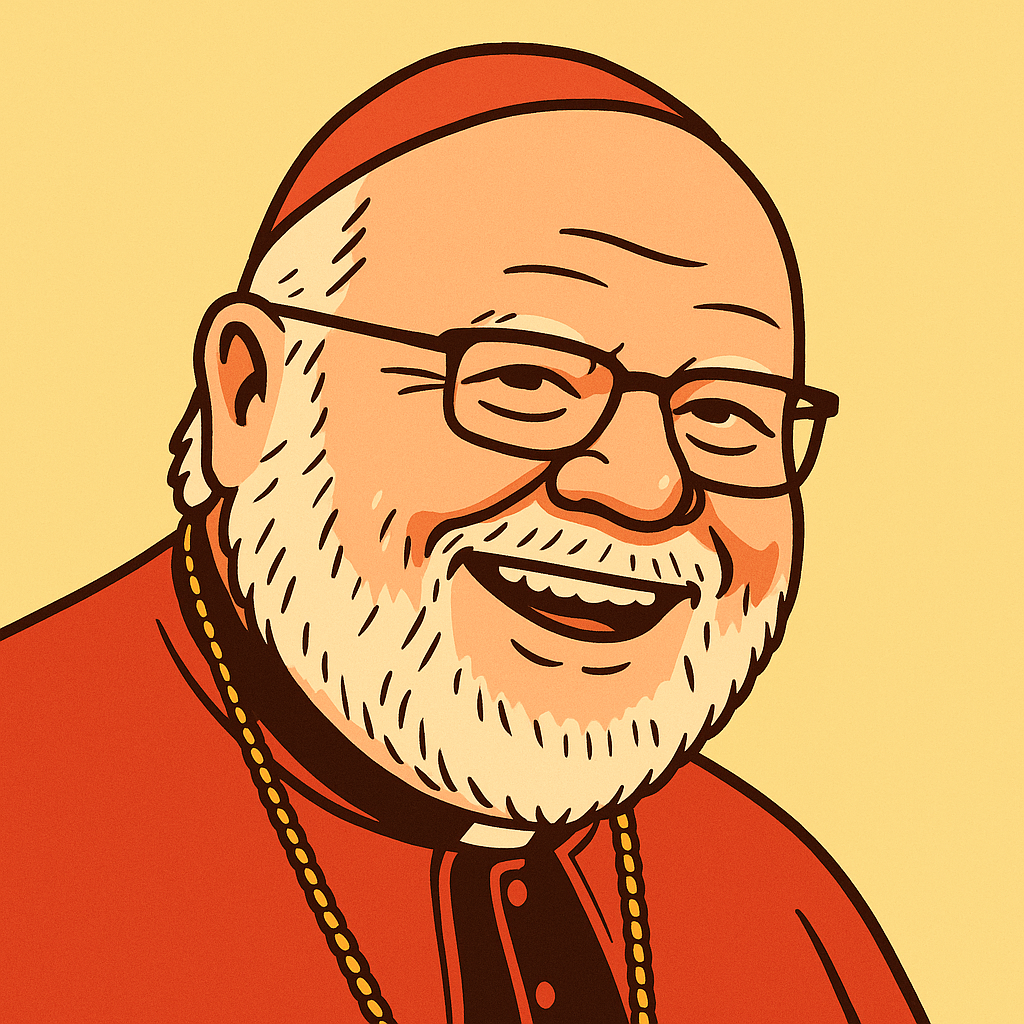
Germany
German cardinal, Archbishop of Munich and Freising, known for his progressive positions and influential role in Church reform, particularly during the German synodal path and on economic issues.

France
French cardinal, Archbishop of Marseille, known for his commitment to interreligious dialogue and his open pastoral approach in a multicultural city.
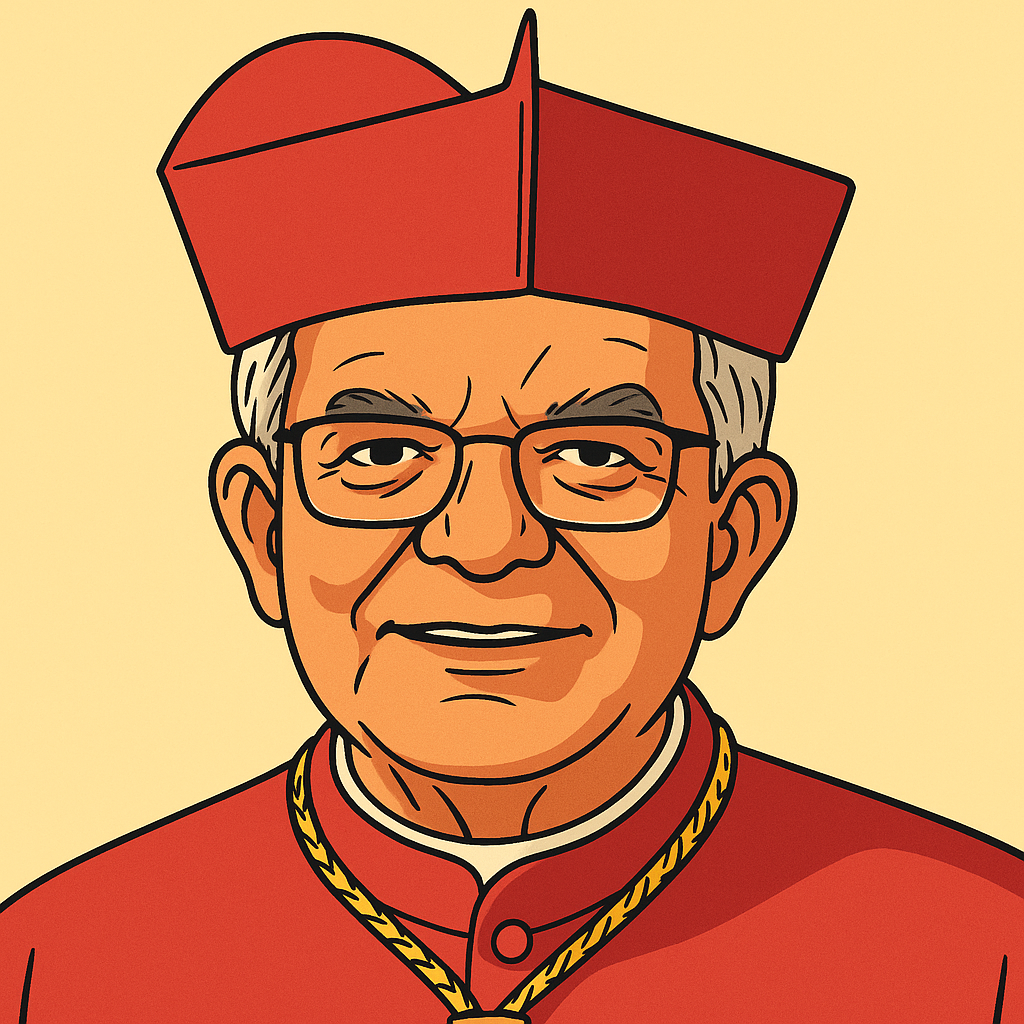
Paraguay
Paraguayan cardinal known for his pastoral commitment and moderate approach to social issues. The first cardinal in Paraguay's history.

South Africa
South African cardinal, Archbishop of Cape Town, known for his balanced leadership in post-apartheid South Africa and his pastoral work combining fidelity to doctrine and commitment to social justice.
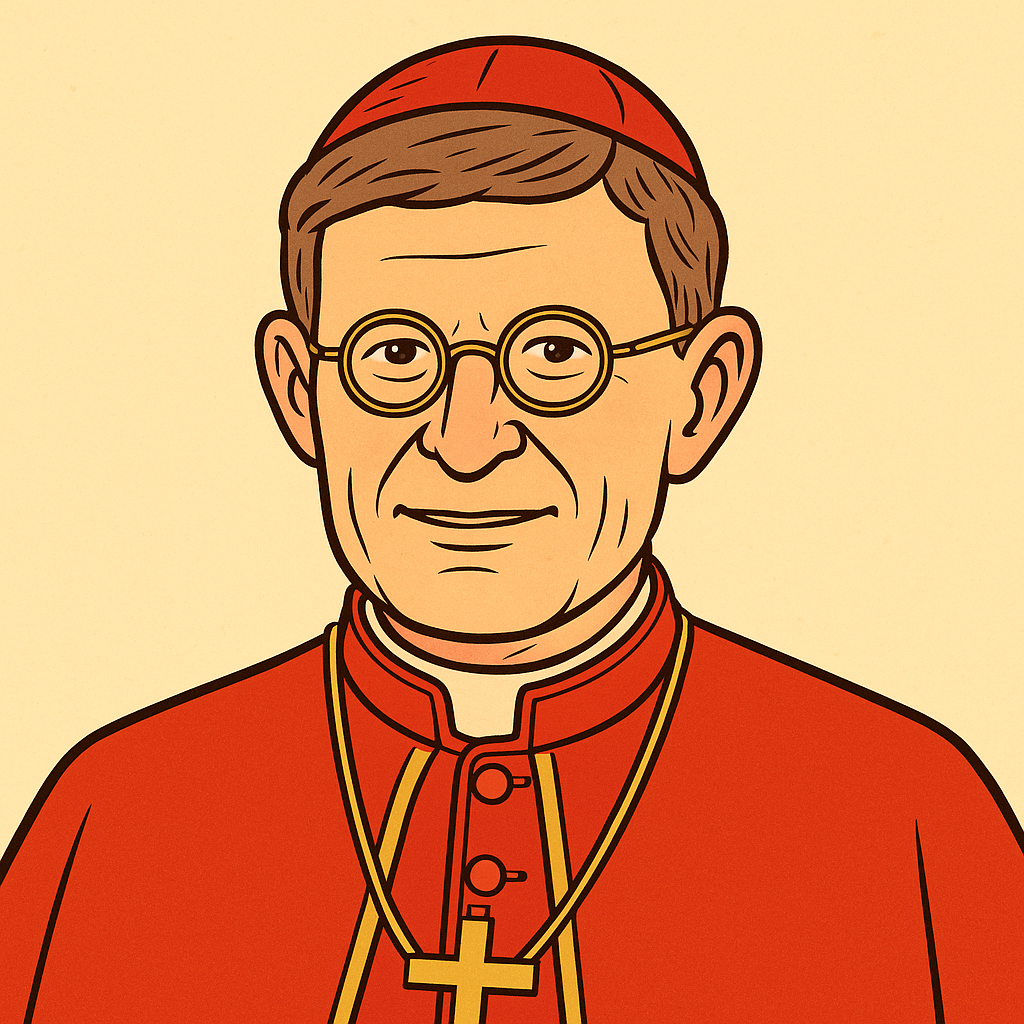
Germany
German cardinal, Archbishop of Cologne, known for his conservative positions and controversial leadership, particularly in handling sexual abuse and his opposition to certain reforms.
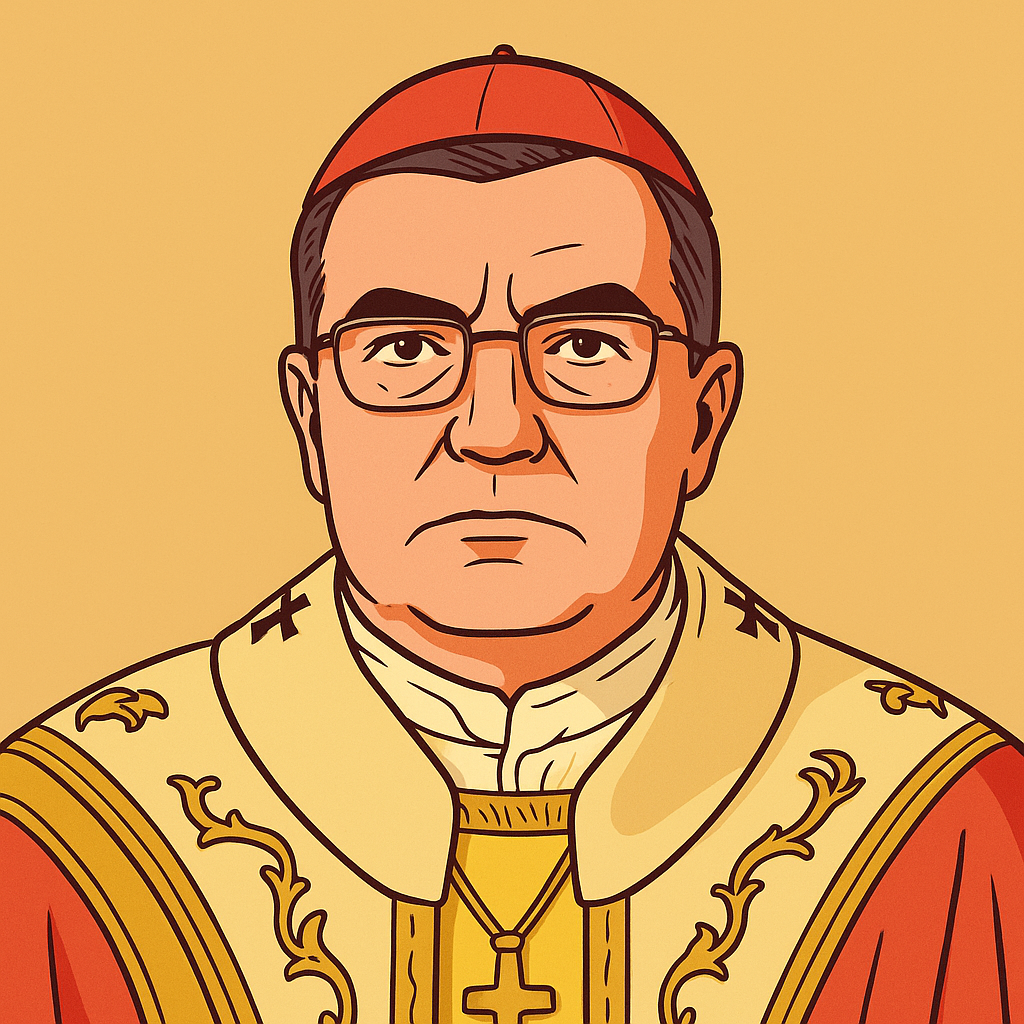
Croatia
Croatian cardinal, Archbishop of Zagreb, known for his conservative positions on moral issues and his commitment to traditional values in a post-communist context.
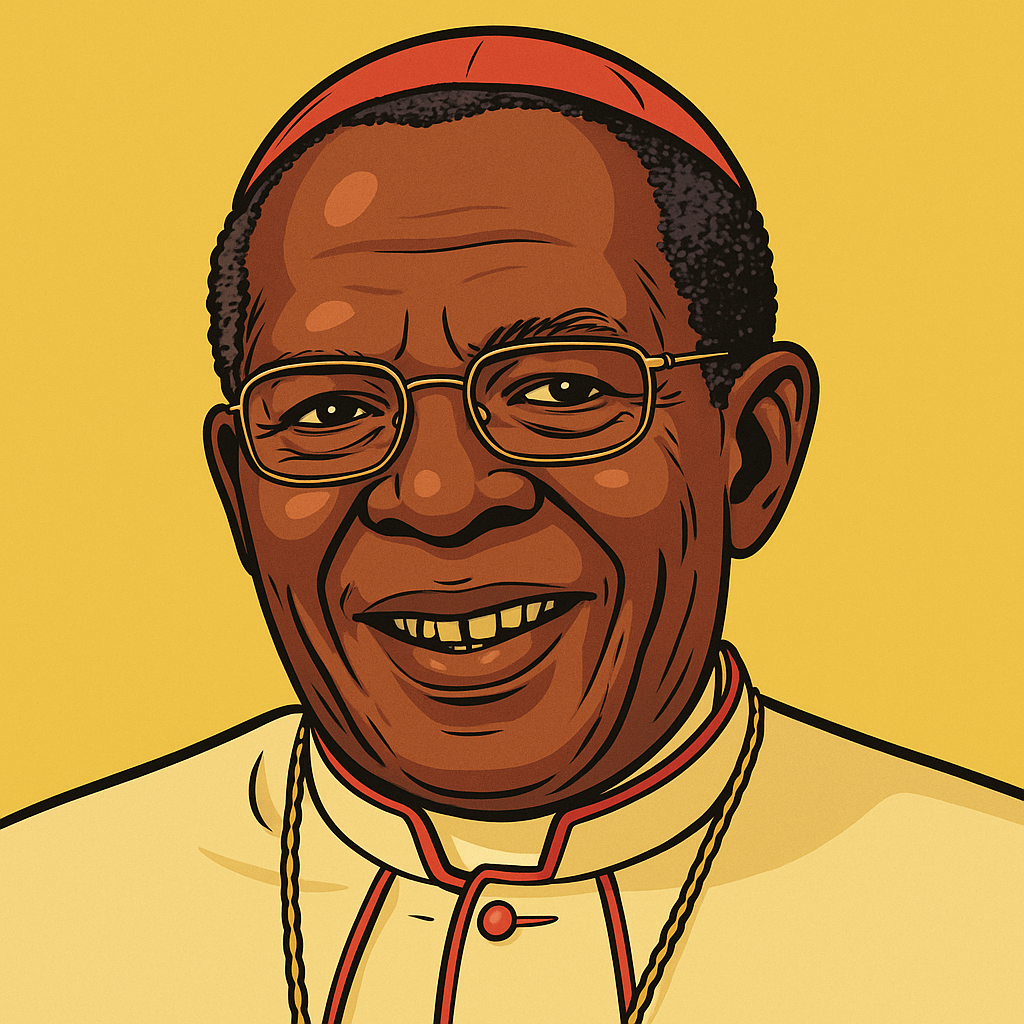
Kenya
Kenyan cardinal, Archbishop Emeritus of Nairobi, known for his conservative positions on moral issues and his leadership in the growing African Church.
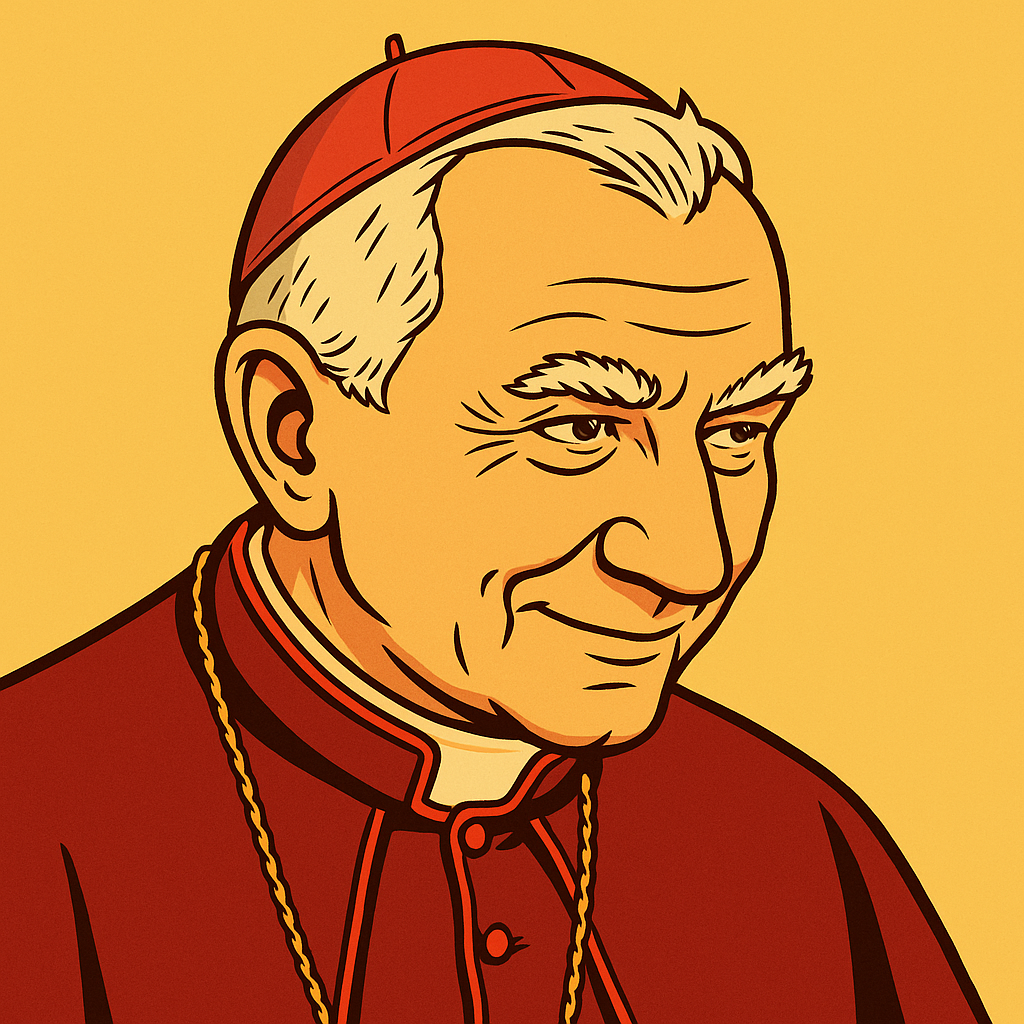
Italy
Italian cardinal, Secretary of State of the Holy See, experienced diplomat, known for his moderation and expertise in international relations, while maintaining balance with traditional doctrine.
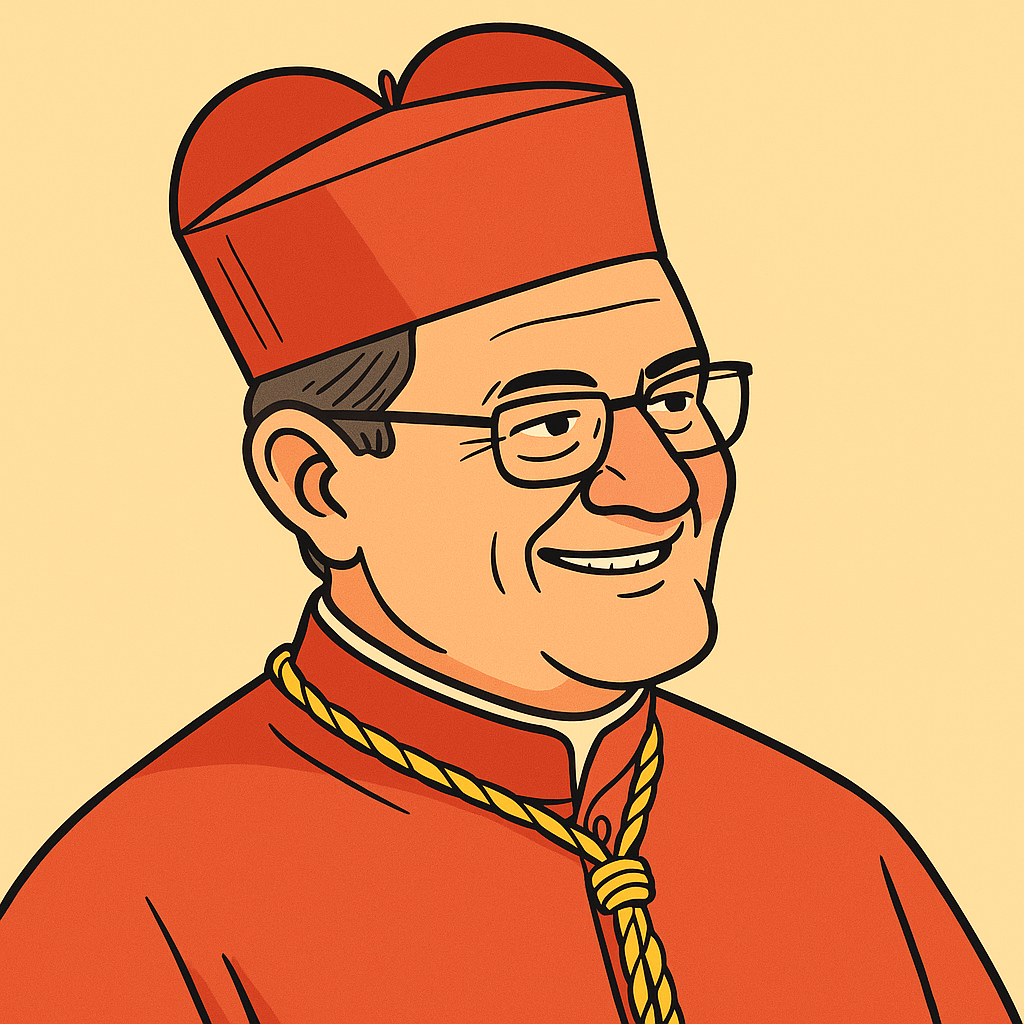
Ecuador
Ecuadorian cardinal, Archbishop of Guayaquil, Franciscan, known for his pastoral work in popular communities and his fidelity to the traditional teachings of the Church.

Rwanda
Rwandan cardinal, the first from his country, who lost his family during the genocide, known for his work on national reconciliation and his attachment to traditional doctrine.

Germany
German cardinal, Archbishop of Cologne, known for his conservative positions and controversial leadership, particularly in handling sexual abuse and his opposition to certain reforms.

Myanmar
Burmese cardinal, the first from his country, known for his commitment to peace and reconciliation, combining respect for tradition and interreligious dialogue.
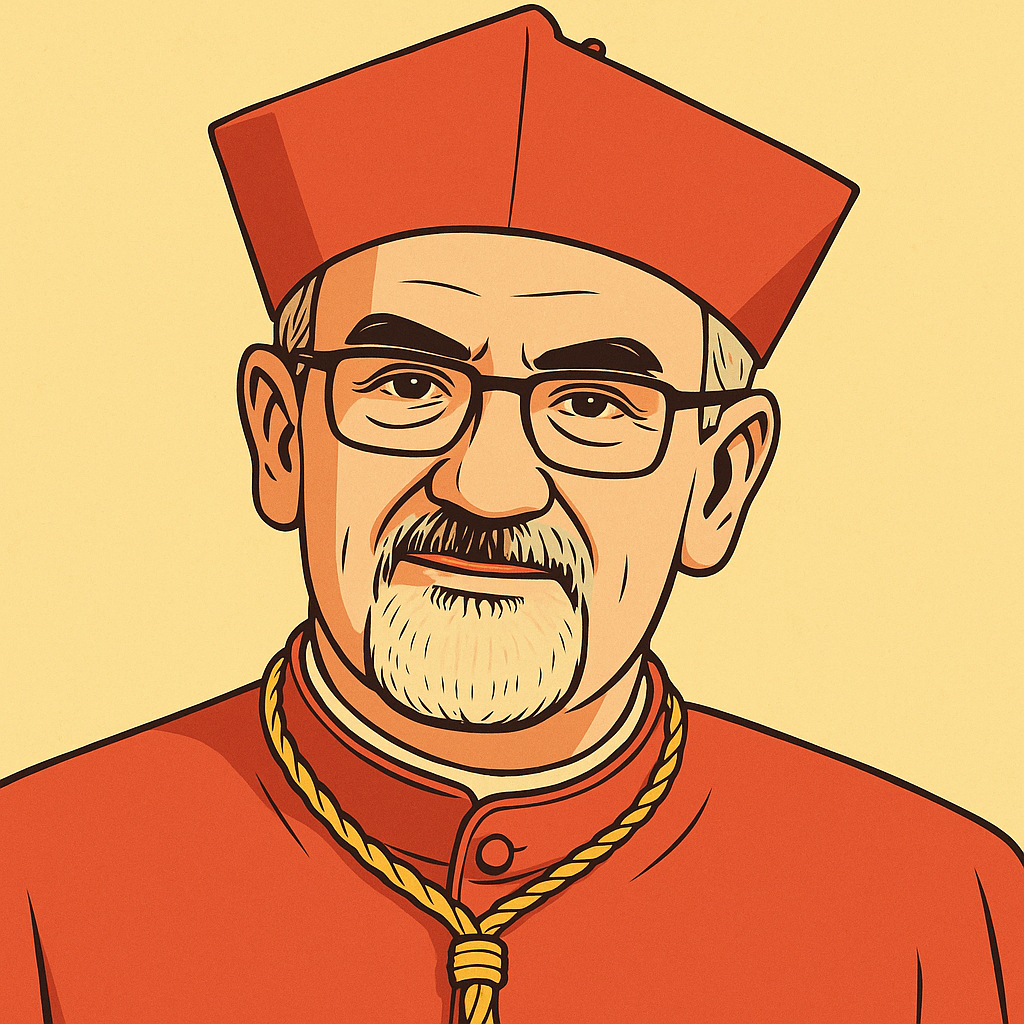
Israel
Italian cardinal, Latin Patriarch of Jerusalem, Franciscan, known for his expertise on the Middle East and his balanced leadership in a context of political and religious tensions.
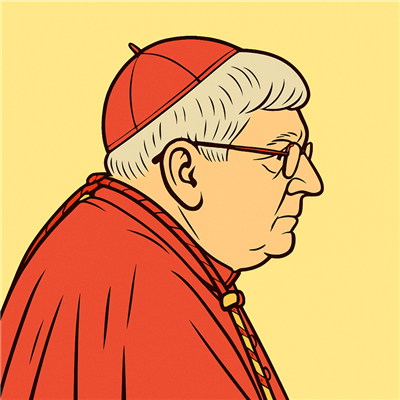
Canada
Canadian cardinal, Archbishop Emeritus of Toronto, known for his conservative positions on issues of moral doctrine and his commitment to defending religious freedom.
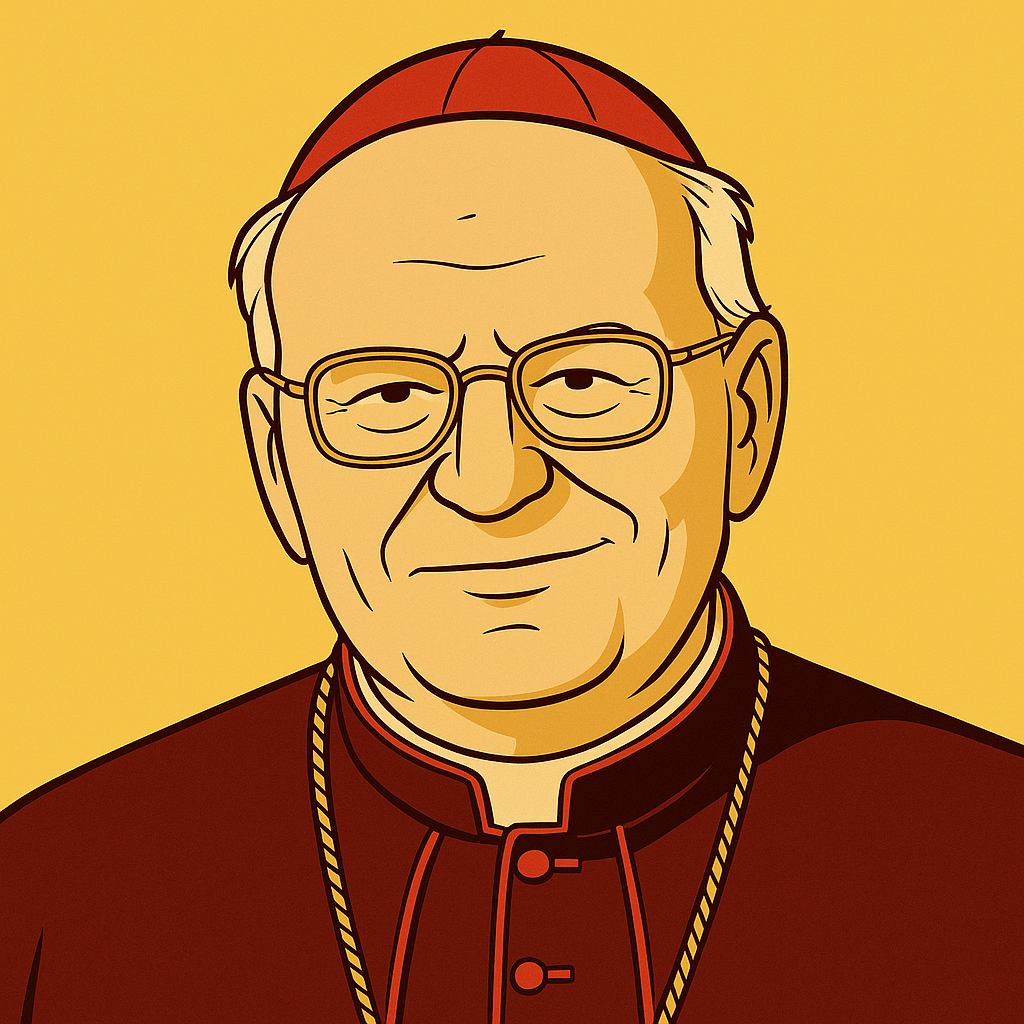
Hungary
Hungarian cardinal, Archbishop of Esztergom-Budapest, renowned canonist, known for his conservative doctrinal positions and his influential role in the Church of Central Europe.
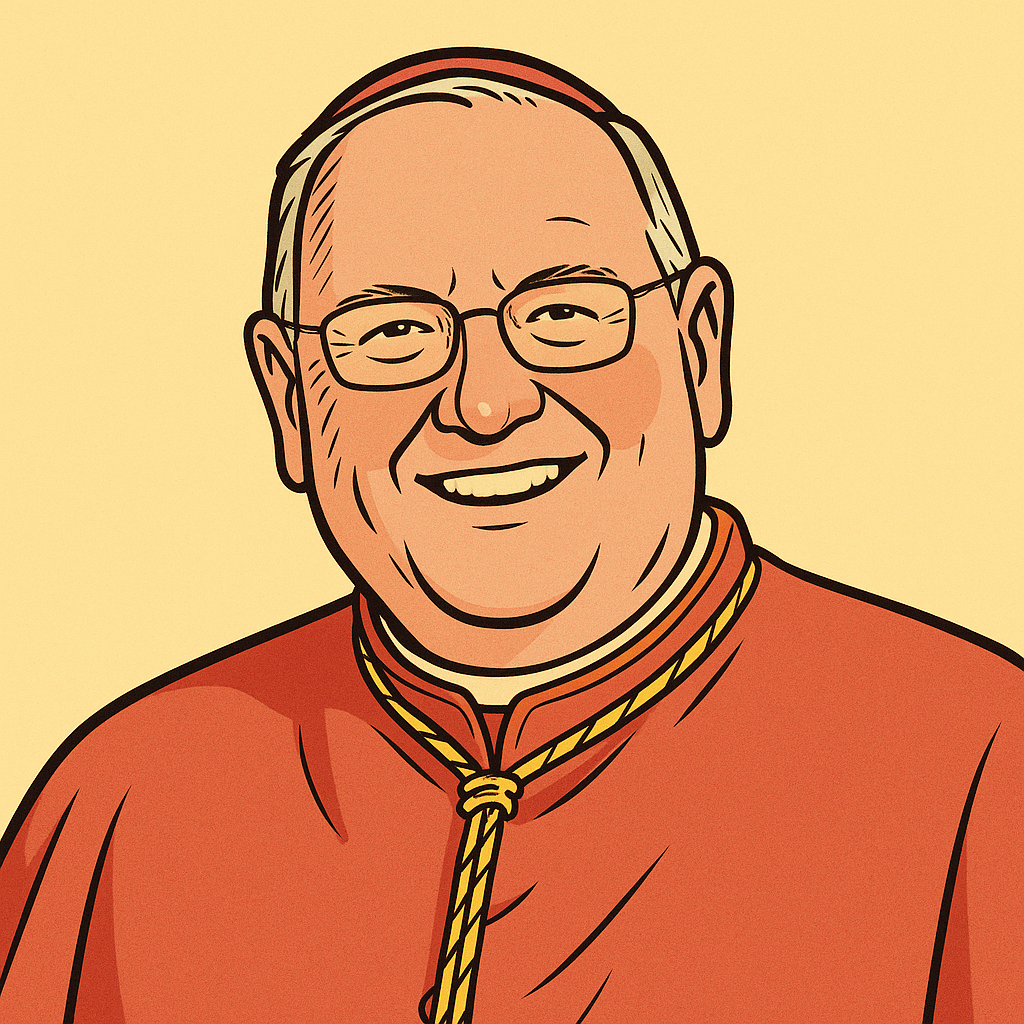
United States
American cardinal, Archbishop of New York, known for his media charisma and balanced leadership, combining social commitment and defense of Catholic tradition and moral values.